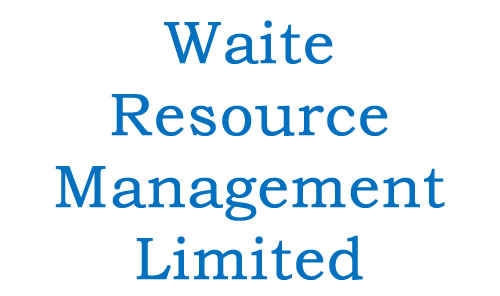Due diligence documents are required for any business transaction that involves acquiring stakes or equity in another company, purchasing property or insurance, investing funds, or acquiring investments. A thorough due diligence analysis will uncover any risks or liabilities and create strategies to reduce those.
It will review documents such as articles and bylaws of incorporation, shareholder’s agreements and capitalization tables. It will also analyze the governance and management structure as well as the minutes of meetings of shareholders and board meetings. It will also examine intellectual property assets such as patents, trademarks and copyrights to confirm ownership and registration status, and look into compliance with relevant laws and regulations, such as health, environmental, and labour laws and safety, and regulatory affairs. It will also review financial data, including tax returns and balance sheets, filings profits and loss reports and cash flow statements.
Due diligence in international law creates unique challenges. Different laws in different jurisdictions and information requirements as well as document naming conventions and requirements for translation can all impede the process.
It’s unlikely that all target companies will have a completely clean slate in terms of their legal background. Therefore, it’s important to focus on the key issues. It is go to the website essential to identify the key issues that could determine the success or failure of a deal. This will reduce the risk and cost and ensure that the transaction is successful. Bloomberg Law Contract Solutions provides legal teams with a wide range of tools to help streamline the process of conducting due diligence on contracts using online document retrieval and collaboration tools. Read more about how to improve the efficiency of your contract workflow efficient here.


Leave A Comment